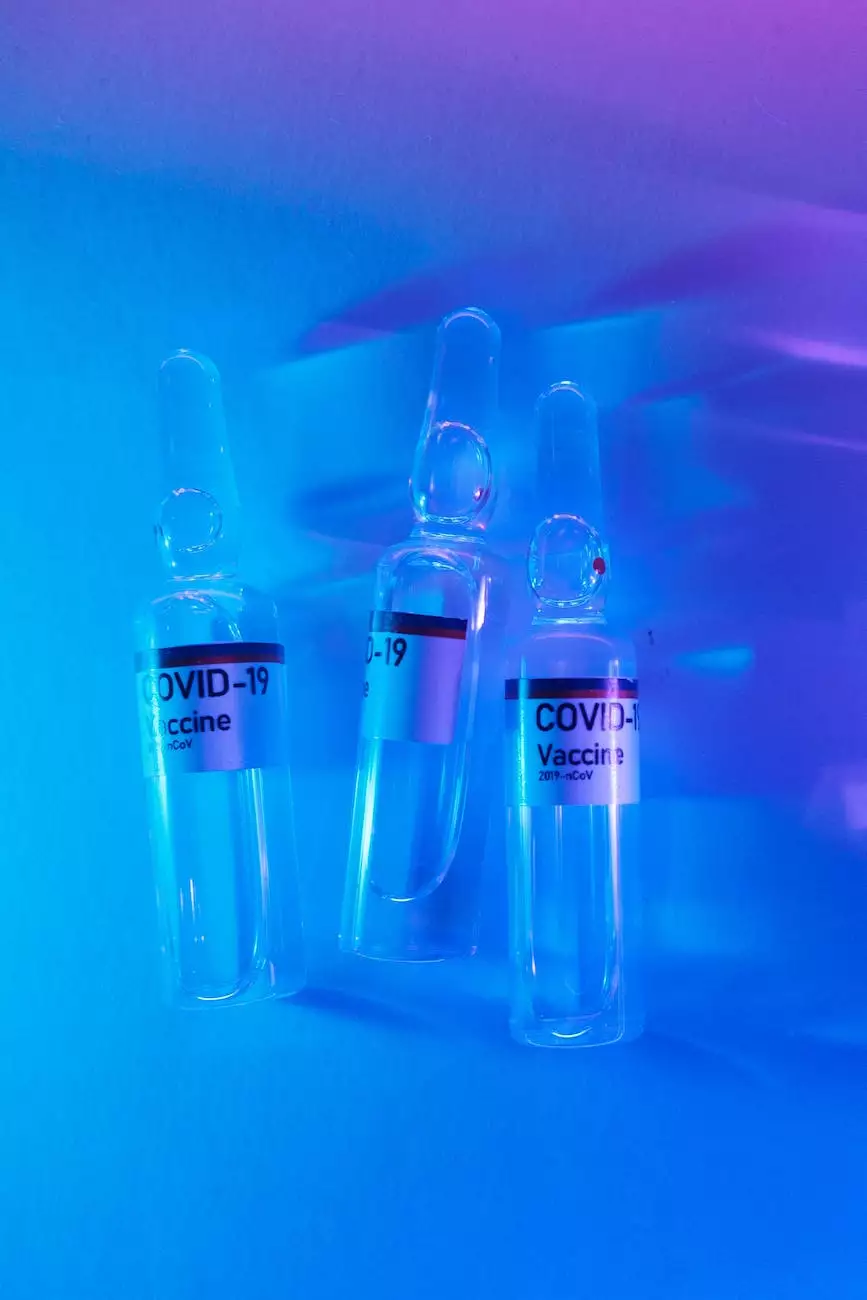Addison Disease: Causes, Symptoms, and Treatment
Health
Introduction
Welcome to the comprehensive guide on Addison's Disease provided by Muir Diablo Occupational Medicine. In this article, we will explore the causes, symptoms, and various treatment options available for individuals suffering from this condition. Our aim is to provide you with accurate and detailed information to help you better understand Addison's Disease and its impact on overall health.
Understanding Addison's Disease
Addison's Disease is a rare and chronic disorder that affects the adrenal glands, which are responsible for producing essential hormones such as cortisol and aldosterone. These hormones play a crucial role in regulating metabolism, maintaining blood pressure, and responding to stress. When the adrenal glands do not produce enough of these hormones due to the malfunctioning of the immune system or other factors, Addison's Disease occurs.
Causes
The primary cause of Addison's Disease is the malfunctioning of the immune system, which mistakenly attacks and destroys the adrenal glands. This condition is known as autoimmune adrenalitis. Other causes may include genetic factors, infections such as tuberculosis and HIV, certain medications, or surgical removal of the adrenal glands.
Symptoms
The symptoms of Addison's Disease can be vague and easily overlooked. However, it is crucial to be aware of the following signs:
- Fatigue and weakness
- Weight loss and decreased appetite
- Nausea and vomiting
- Low blood pressure
- Dizziness
- Irritability and depression
- Muscle and joint pain
- Darkening of the skin
- Decreased ability to handle stress
It is important to note that the severity and combination of symptoms can vary from person to person. If you are experiencing any of these symptoms, it is advisable to consult a medical professional for a proper diagnosis.
Diagnosis
Diagnosing Addison's Disease involves a comprehensive evaluation of symptoms, medical history, and specialized tests. These tests may include blood tests to measure hormone levels, imaging tests such as CT scans or MRI, and stimulation tests to assess adrenal function.
Treatment
Effective management of Addison's Disease requires lifelong hormone replacement therapy. Oral corticosteroids, such as hydrocortisone or prednisone, are prescribed to replace the deficient hormones. In some cases, mineralocorticoids like fludrocortisone may also be necessary to maintain electrolyte balance.
It is crucial for individuals with Addison's Disease to work closely with their healthcare provider to develop an individualized treatment plan. Regular follow-ups, medication adjustments, and stress management techniques are essential for maintaining optimal health and managing potential complications.
Lifestyle Management
Living with Addison's Disease may require certain lifestyle modifications to ensure overall well-being. These may include:
- Carrying an emergency card or wearing a medical alert bracelet to inform others about your condition
- Taking medications as prescribed and adhering to the recommended dosage
- Being aware of stress triggers and practicing stress reduction techniques such as meditation or yoga
- Eating a balanced diet and ensuring adequate fluid intake
- Engaging in regular physical activity as recommended by your healthcare provider
- Regularly monitoring blood pressure and blood sugar levels
Conclusion
In conclusion, Addison's Disease is a chronic condition that requires ongoing medical management. Muir Diablo Occupational Medicine aims to provide accurate and comprehensive information about this often misunderstood condition. By understanding the causes, recognizing the symptoms, and following appropriate treatment plans, individuals with Addison's Disease can lead fulfilling and healthy lives.
Remember, if you suspect you may have Addison's Disease or are currently undergoing treatment, consult with a healthcare professional. This article serves as a guide and should not replace personalized medical advice.




